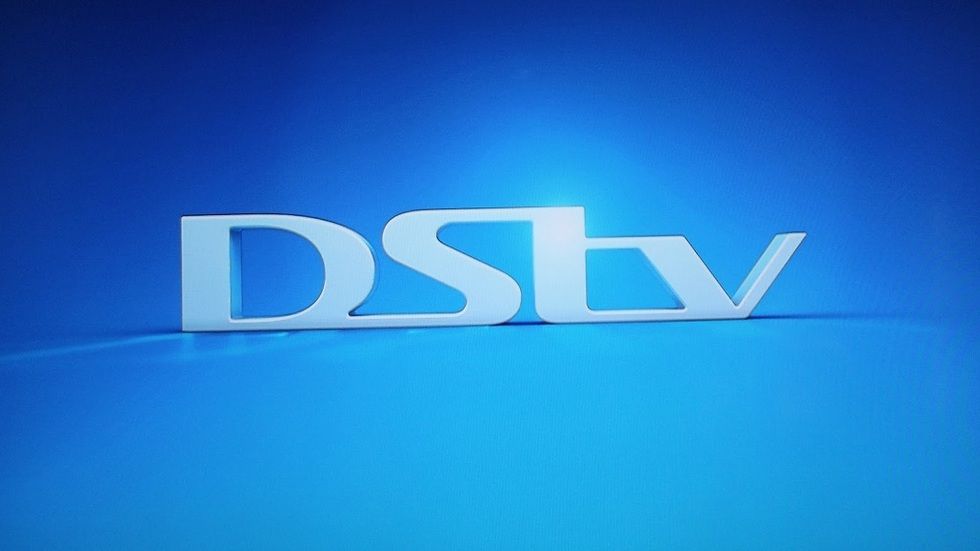A number of banks are demanding the elusive United States dollar and an extra commission to process DStv subscriptions for locals as more plastic money payment avenues are being closed, sidelining a number of customers.
As the biting cash crisis worsens, locals may have to miraculously scrounge for hard cash to transact with Multichoice Zimbabwe, which does not accept direct payments.
Late last year, the television channels service provider heeded the public outcry and added more channels to their bouquets in addition to reducing their prices, which were deemed exorbitant in comparison to other countries.
However, some financial institutions have stopped processing cashless transactions, opting for cash at a time entertainment is serving as therapy for the frustrating realities Zimbabweans face every day.
"Banks are now saying they cannot process payments from our accounts, they need hard cash. Basically, we are left with no choice, but to watch ZBC," said Njabulo Ncube, a dismayed subscriber.
"It appears our accounts are stuck with bond notes which cannot pay for the services because cash is needed in US dollars and this is retrogressive because they are denying us access to better broadcasting."
According to Ncube, most people are switching to free-to-air decoders which have access to some South African channels and other free news as well as kid channels which cost $55.
"I am sure prices for these alternatives would increase as people continue experiencing difficulties in paying locally for DStv. Others are subscribing directly to South Africa using dealers," he said.
Even the other popular mobile payments can no longer be used to pay for DStv subscriptions and people like Ncube, are forced to watch ZBC at a time he had geared for the English Premier League.
MultiChoice Zimbabwe public relations manager Liz Dziva said their hands were tied as they cannot intervene when these problems are between the customer and the middleman.
"We do not have control over commissions they charge. Only the money that is paid for subscriptions come to Multichoice Zimbabwe," said Dziva, who added that customers were at the mercy of the banks.
"MultiChoice Zimbabwe does not accept any form of payment directly from DStv customers," she said.
"All payments for DStv subscriptions are made to financial institutions and then remitted to MultiChoice Africa. We have no control over, which payment methods the banks choose to make available for DStv subscribers."
Dziva admitted that the inconveniences could affect their business: "Customer convenience in payment methods is also a factor, which affects our service levels and business and as such, we constantly strive to improve our efficiency to improve access for our valued DStv customers."
The DStv payment challenges come at time when more viewers are migrating from the country's sole television station.
Media Institute of Southern Africa Zimbabwe programmes officer Koliwe Nyoni attributed the outcry and dependency on foreign entertainment to lack of plurality on local airwaves.
"The major issue is to do with content; people are eager to pay [DStv] because they want diversity and from looking at online content, you can tell that there is content locally but the government needs to license more broadcasting players," she said.
"There needs to be implementation of policy by government, which should embrace and promote our own by opening up the airwaves."
The government has for a while been preaching digitisation to little effect, prompting locals to try and access foreign content.
"Zimbabweans are hungry for diversity and ironically, government has created what they call the command content production but producers want to see a policy and sometimes payment for their efforts but ZBC is having problems paying," said Nyoni.
Nyoni also said the DStv's model of business could be justified as "they are in business" and the whole country is facing cash problems as sometimes bank transactions are processing slow and the only other solution would be cash.
- the standard
 Concern over Masvingo black market
Concern over Masvingo black market  Kenya declares three days of mourning for Mugabe
Kenya declares three days of mourning for Mugabe  UK's Boris Johnson quits over Brexit stretegy
UK's Boris Johnson quits over Brexit stretegy  SecZim licences VFEX
SecZim licences VFEX  Zimbabwe abandons debt relief initiative
Zimbabwe abandons debt relief initiative  European Investment Bank warms up to Zimbabwe
European Investment Bank warms up to Zimbabwe  Young Investment Professional (YIP) Graduate Programme 2019
Young Investment Professional (YIP) Graduate Programme 2019 











 Young Investment Professional (YIP) Graduate Programme 2019
Young Investment Professional (YIP) Graduate Programme 2019
Editor's Pick